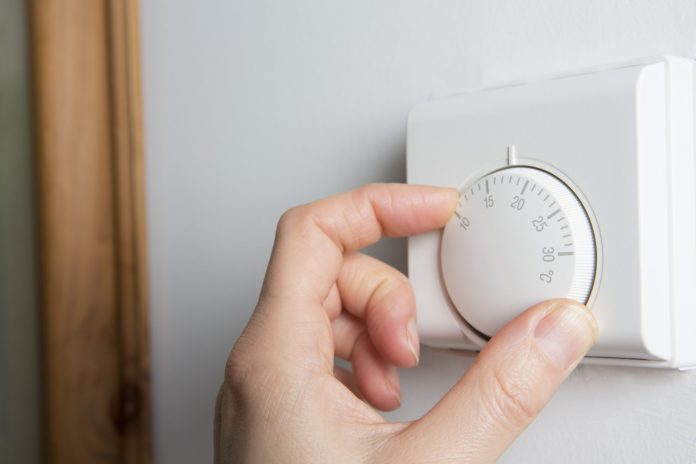Ofgem is lowering its energy price cap from the current £2,074 per year to £1,923 for the average household in England, Wales and Scotland, effective from October 1, it has announced
The drop, the lowest level since October 2021, reflects further falls in wholesale energy prices, as the market stabilises and suppliers return to a healthier financial position after four years of loss making says the regulator
However, yesterday the Resolution Foundation said the reduction in bills by masks a wide variation for households.
As a result, more than 35% of English households, equivalent to 7.2 million homes , will see higher energy bills this winter than last. Of the poorest tenth of households, almost half (47%) will face higher costs.
“Although the price per unit of energy is falling, this will be offset by a rise in the daily standing charge, and the fact that last winter’s universal £400 energy support is not being repeated. The UK remains slow on home energy efficiency, with rates of insulation delivered through government schemes falling by 45% in 2022” said the Think Tank
Jonathan Brearley, Ofgem CEO, said:
“It is welcome news that the price cap continues to fall, however, we know people are struggling with the wider cost of living challenges and I can’t offer any certainty that things will ease this winter.
“That’s why we’ve introduced new measures to support consumers including reducing costs for those on pre-payment meters, and introducing a PPM code of conduct that all suppliers need to meet before they restart installation of any mandatory PPMs.
“There are signs that the financial outlook for suppliers is stabilising and reasonable profits are returning. With the small additional allowance we’ve made to Earnings Before Interest and Tax (EBIT), this means there should be no excuses for suppliers not to be doing all they can to support their customers this winter, and to reinforce this we’ll be introducing a consumer code of conduct which we will look to have in place by winter. This code will ensure there are clear expectations of supplier behaviours especially for their most vulnerable consumers with whom suppliers should be reaching out proactively, with compassion and understanding. There are great examples of suppliers already doing this but I want to see this become the norm in such an essential sector that has such a big impact on people’s lives.”
Morgan Vine, Head of Policy and Influencing at Independent Age said:
“Today’s Price Cap announcement offers little comfort to older people living on a low income and struggling to get by. Our helpline is continuing to hear from people in later life in financial hardship who have been forced to make sacrifices to pay their bills, including eating one meal a day, washing themselves in freezing cold water, and risking falls by not turning on the lights at night.
“Gas unit costs are still well over double what they were in winter 2020/21 and electricity unit costs are up by over half. The fixed incomes of older people in financial hardship simply cannot keep up with these increases. Long term solutions to protect the most financially vulnerable from high energy prices are desperately needed.
“We’re calling on the government to introduce an energy bills social tariff for those in greatest needed, including people over 65 on a low income and those who have high energy consumption due to illness. This long term and sustainable solution would offer some protection to people in later life living on low incomes, so they aren’t forced to make dangerous choices now, and as we approach the winter.







